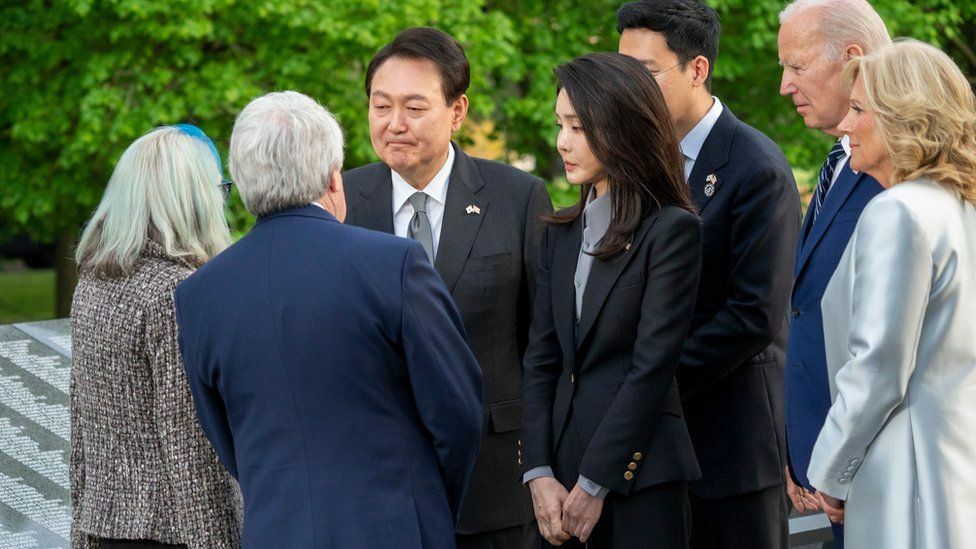Korean War hero’s remains returned to family after 73 years

After 73 years, the remains of a US soldier who perished in the Korean War have finally been returned to his family for burial. Army Cpl Luther Herschel Story was just 18 years old when he was presumed killed in action on September 1, 1950, after being wounded while covering his company’s retreat. Although his remains were found about a month later, identification using the forensic techniques available at the time was not possible. In April, the military successfully identified Cpl Story using DNA samples, and he was laid to rest with military honours near his hometown of Americus, Georgia.
Cpl Story’s bravery during the Korean War has been widely acknowledged. He is estimated to have killed or wounded around 100 enemy soldiers while his company faced a fierce daylight attack. After this battle, Cpl Story was never seen alive again. For his “conspicuous gallantry and intrepidity,” he was posthumously awarded the Medal of Honour, the highest military honour in the United States. The award was presented to his father in 1951, and his medal is now displayed alongside his portrait at the National Infantry Museum in Georgia.
“Cpl Story’s extraordinary heroism, aggressive leadership, and supreme devotion to duty reflect the highest credit upon himself and were in keeping with the esteemed traditions of the military service,” read his US army award citation. Initially an army first class, he was posthumously promoted to corporal.
The funeral procession on Monday featured a police escort with flashing lights accompanying Cpl Story’s casket. His niece, Judy Wade, expressed her relief that her uncle’s remains had been identified and returned home.
“In my family, we always believed that he would never be found,” Wade said. “I don’t have to worry about him anymore. I’m just glad that he’s home.”
Cpl Story’s unidentified remains had been interred with other unknown service members at the National Memorial Cemetery of the Pacific in Hawaii since their recovery in October 1950 near Sangde-po, South Korea. They were exhumed in 2021 as part of a military effort to identify the hundreds of unknown Americans who died in battle. The identification of his remains was announced by President Joe Biden on April 26 during a state visit by South Korean President Yoon Suk Yeol.
Latest Thailand News
Follow The Thaiger on Google News:


























